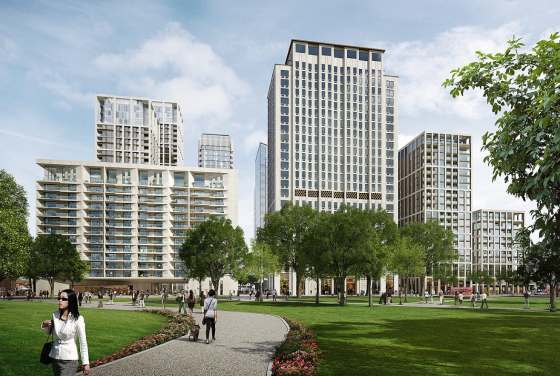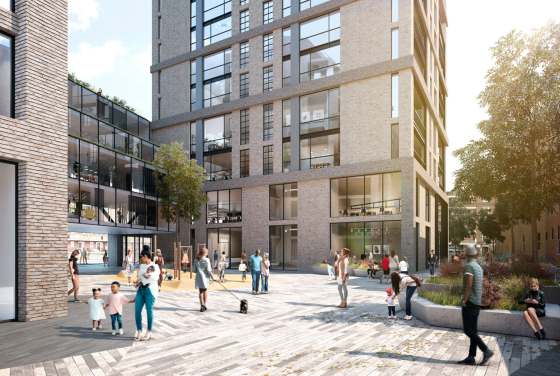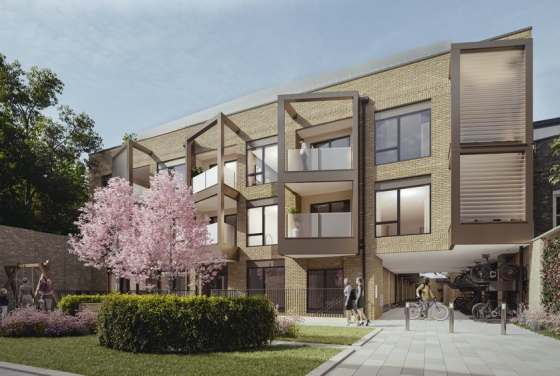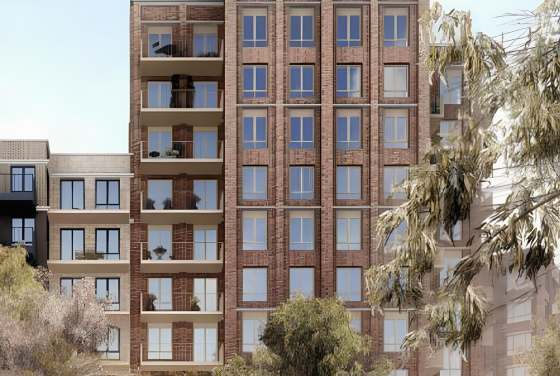Key details
-
History Lambeth's northern areas have been central to London's industrial evolution since the 18th century.
-
Attractions The borough boasts landmarks such as the South Bank arts complex, the Imperial War Museum, and the London Eye.
-
Social Scene Lambeth is a densely populated mosaic of cultures, appealing to professionals in the north and younger crowds in Brixton.
-
Geographical Overview Spanning diverse districts from Lambeth to Streatham, the borough's 1965 formation merged parts of Lambeth and Wandsworth.
-
Real Estate Lambeth's real estate market caters to a wide audience, from professionals to families.
-
Education The borough provides a range of educational institutions, emphasizing accessible and diverse opportunities for all age groups.
Attributes
Local area map
London Eye: 7m by car, 9m by train
Royal Festival Hall: 8m by car, 9m by train
Museum of London: 23m by car, 28m by train
Westminster: 6m by car, 11m by train
Lambeth North
Waterloo
Southwark
Westminster
North with South Bank
East with Elephant & Castle
South with Vauxhall
West with River Thames
Around The Block
Lambeth stretches from the vibrant Southbank area, famous for attractions like the London Eye and OXO Tower, reaching down to the family-oriented neighbourhood of Streatham in the south. This elongated borough is celebrated for its rich tapestry of micro-cultures and communities, offering a blend of historical charm and modern living.
Cultural and Social Side
With its status as the fifth most densely populated area in England and Wales, Lambeth boasts a mosaic of cultures and lifestyles. The northern part of the borough, with its metropolitan vibes, appeals to professionals seeking proximity to London's core.
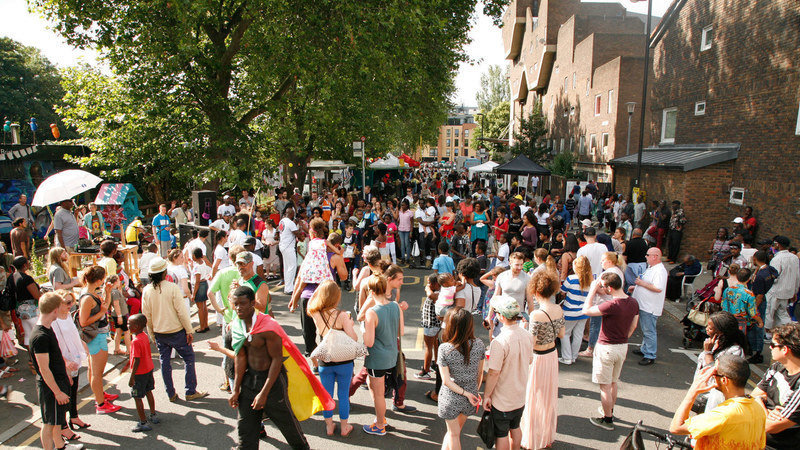
Further south, areas such as Clapham and Brixton attract younger professionals with their lively social scenes. Brixton, in particular, is known for POP Brixton and Brixton Village Market, hubs of creative and street food scenes, while Clapham High Street offers a mix of independent eateries and established chains.
Geographical Overview
Lambeth's geography encompasses diverse districts including the following:
- Lambeth,
- Vauxhall,
- Kennington,
- significant parts of Clapham, Balham, Streatham, and Norwood.
The borough's formation in 1965, merging parts of the former metropolitan boroughs of Lambeth and Wandsworth, contributed to its diverse character.
Historical Context
The northern sections of Lambeth have played a pivotal role in London's industrial history since the 18th century, with significant developments in glass and pottery works. Vauxhall's public gardens, dating back to the 1660s, were famously visited by Samuel Pepys.
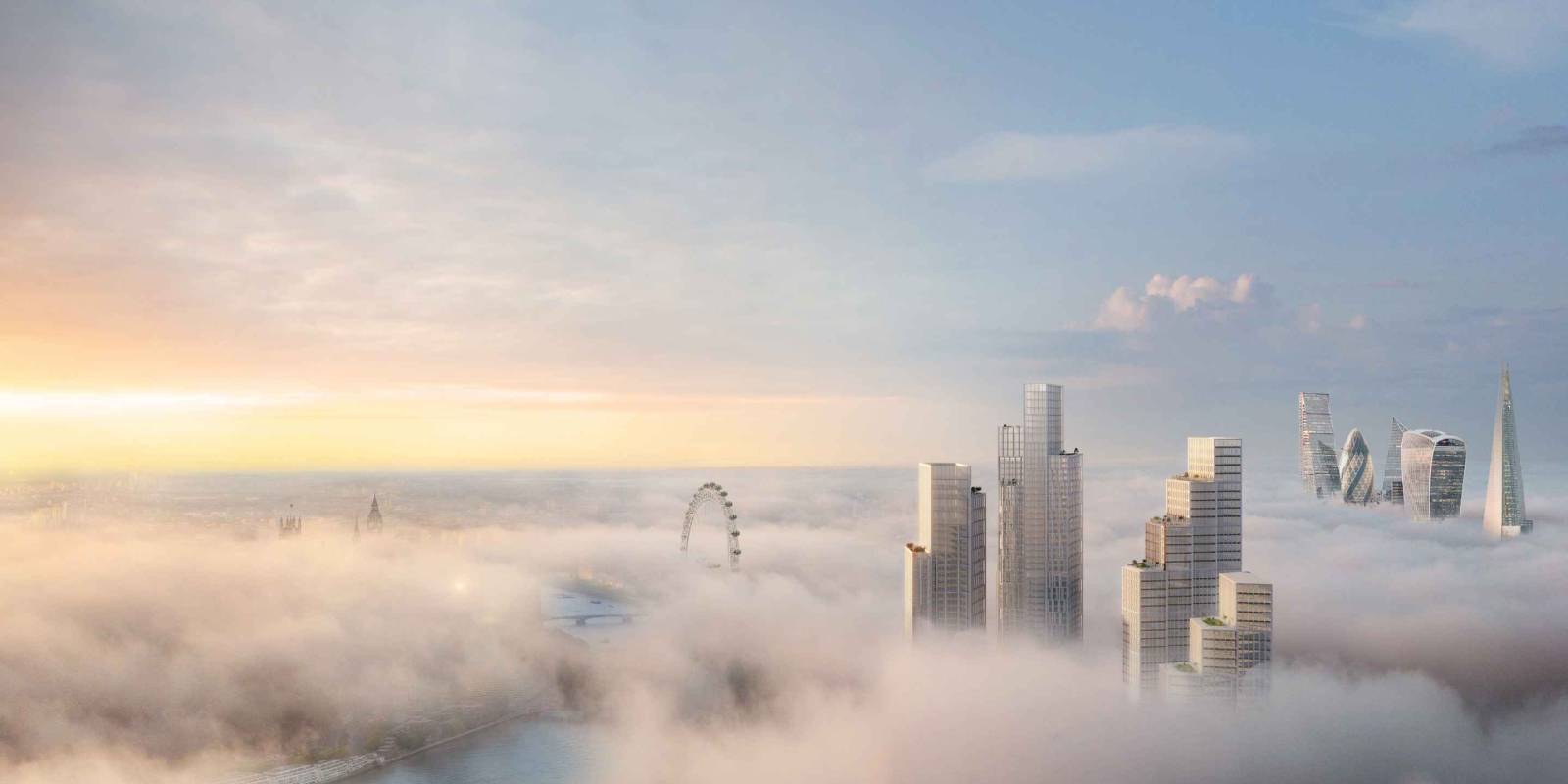
This historical depth adds a rich layer to the borough's character, blending its past with the vibrancy of modern development.
Housing and Real Estate
The real estate market in Lambeth caters to a wide range of preferences and budgets. From studio apartments to spacious four-bedroom homes, the borough offers diverse living options. The median home prices vary significantly, reflecting the diversity in property types and sizes available.
Lambeth's property scene is particularly appealing to professionals, singles, and couples without children, offering both converted apartments in historic buildings and Victorian terraces preferred by city workers.
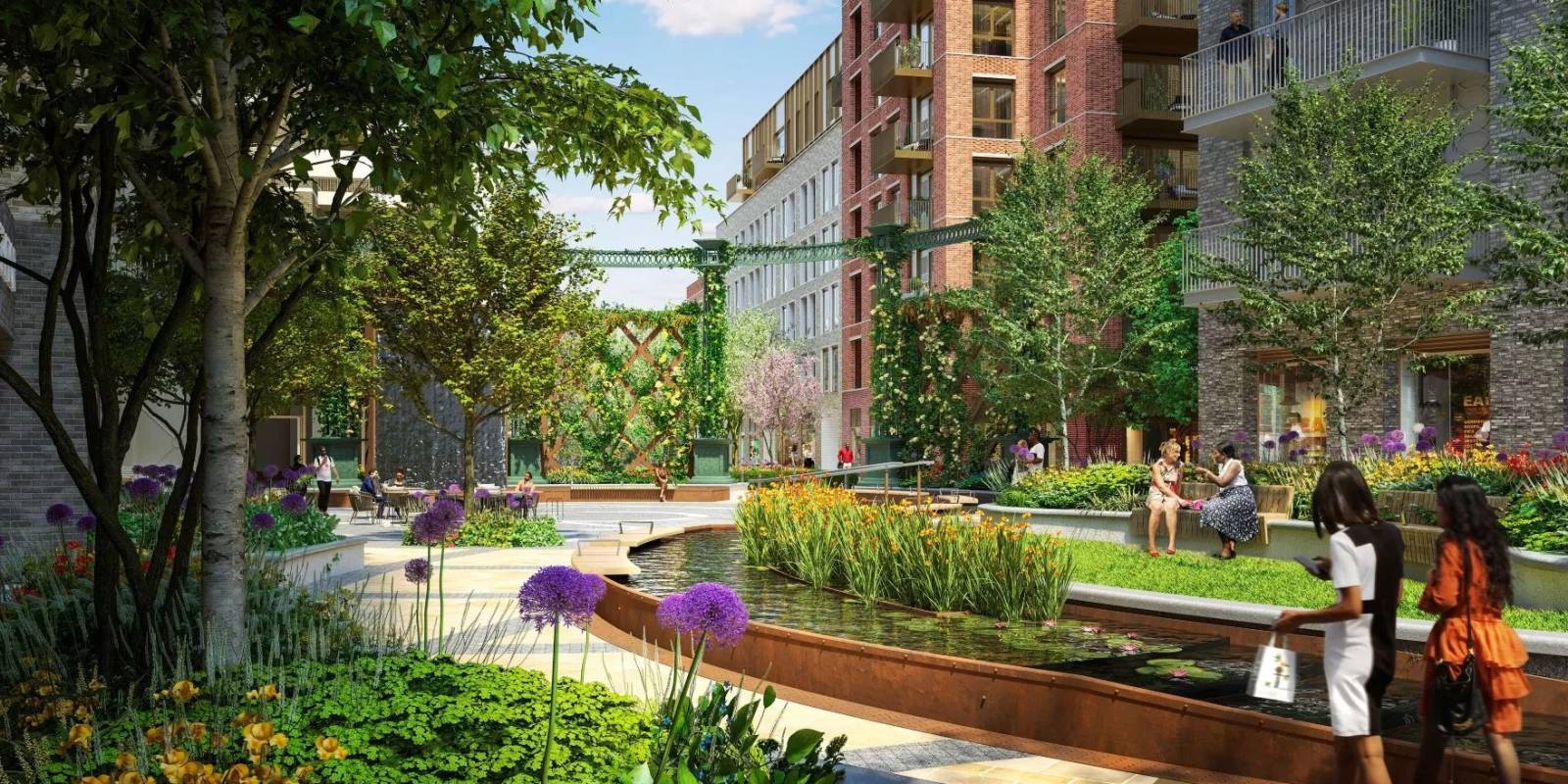
1newhomes features some listings that cater to a diverse range of preferences, from studio flats to spacious 3-, 4-, and 5-bedroom family apartments and houses. These modern properties are equipped with amenities like on-site gyms, community gardens, security, and 24/7 concierge services, making them highly attractive. The area's strategic location, combined with a mix of affordable and prime housing options and proximity to top-rated schools, appeals to both local and international buyers.
Prices for these new homes start at £550,000, with the highest-priced apartments capped at £3,950,000. The properties have varying completion dates, from 2024 to 2030, including some that are already available for immediate purchase.
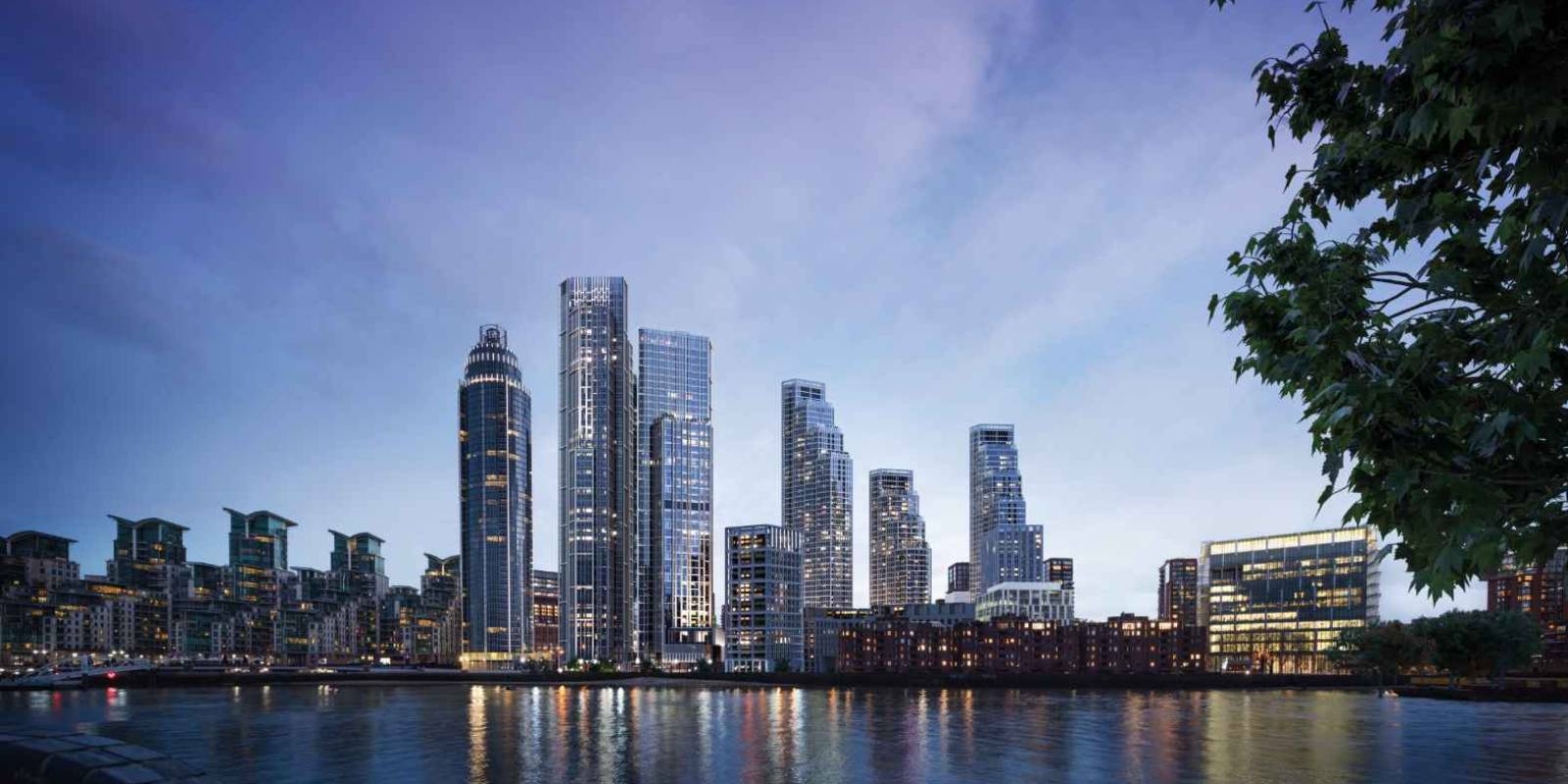
Buyers have multiple purchasing options, including cash, mortgage, and Shared Ownership schemes. The competitive local property market, characterized by rising prices, underscores Lambeth's desirability as a place to live and invest.
Education
Lambeth is home to a variety of educational institutions catering to all age groups. From the Evelina Hospital School to The Cathedral School of St Saviour and St Mary Overy, the borough offers quality education options, emphasizing the community's focus on accessible and diverse educational opportunities.
Nature and Recreation
The green expanses of Clapham Common and the laid-back atmosphere of Streatham highlight Lambeth's appeal to those seeking a balance between urban living and natural beauty. The borough's parks and open spaces are a draw for joggers, sports teams, and families, especially during the summer months.
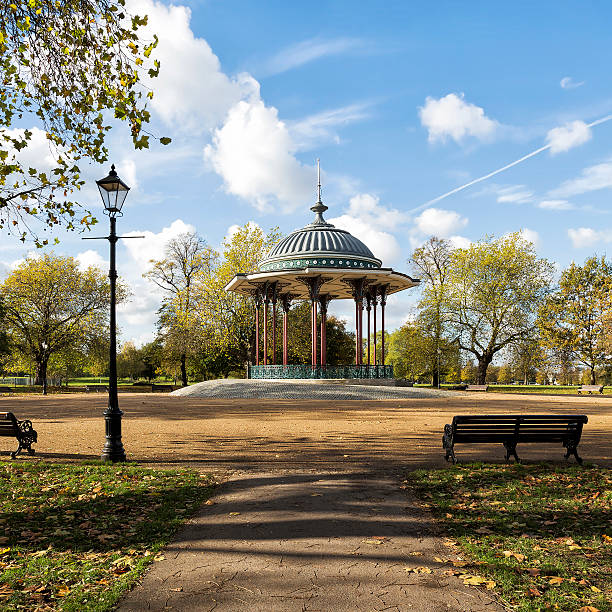
Attractions and Landmarks
Lambeth's cultural landscape is rich and varied, home to the South Bank arts complex, the Imperial War Museum, and the iconic London Eye, among others. These attractions, along with lesser-known gems like the Museum of Garden History and the Florence Nightingale Museum, contribute to the borough's appeal as a place of historical significance and contemporary cultural vibrancy.
The South Bank Arts
The South Bank arts complex is a vibrant cultural hub nestled along the Thames River, directly across from the Houses of Parliament. This area is a testament to London's commitment to the arts, housing several key institutions that cater to a wide range of artistic tastes and interests.
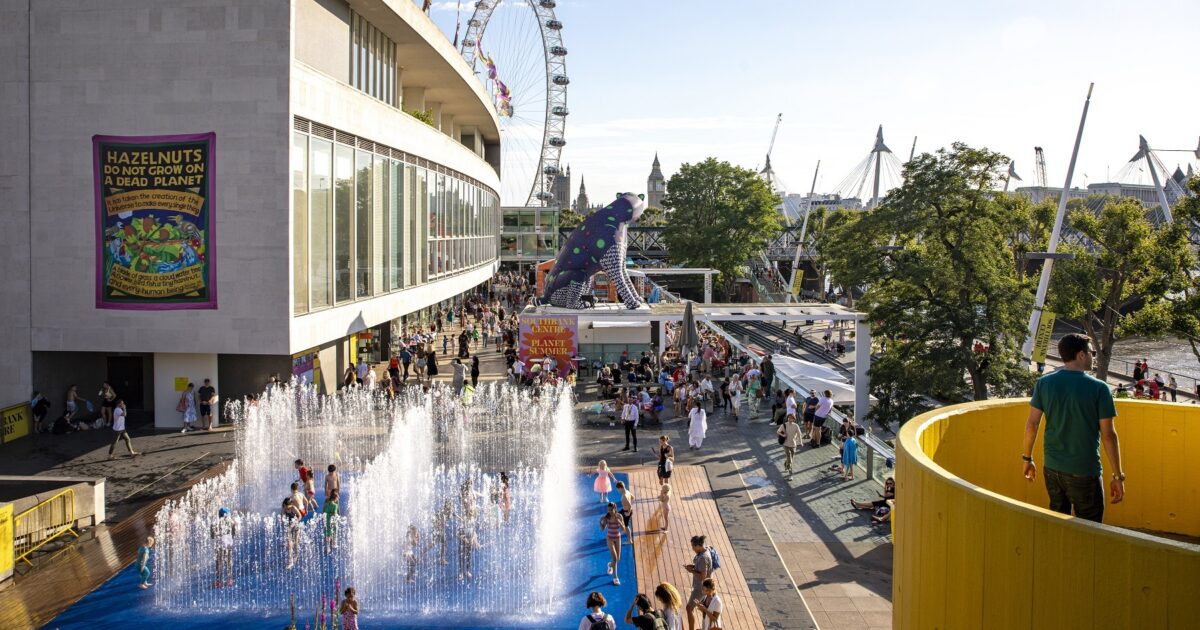
Royal Festival Hall is at the heart of this complex, known for its stunning auditorium that hosts a plethora of events ranging from classical music concerts to contemporary performances. Its design, characterized by its post-war modernist architecture, provides an acoustic experience that is as visually impressive as it is auditory.
Queen Elizabeth Hall and the Purcell Room, sitting adjacent to the Royal Festival Hall, offer more intimate venues for performances. Queen Elizabeth Hall is particularly noted for its eclectic mix of music concerts, dance performances, and literature events, making it a versatile space for the arts.
Imperial War Museum
Founded in 1920, the Imperial War Museum delves into the impacts of modern conflict on people and societies. It's a poignant exploration of British and Commonwealth involvement in conflicts since the First World War, offering a comprehensive look at the realities of warfare.
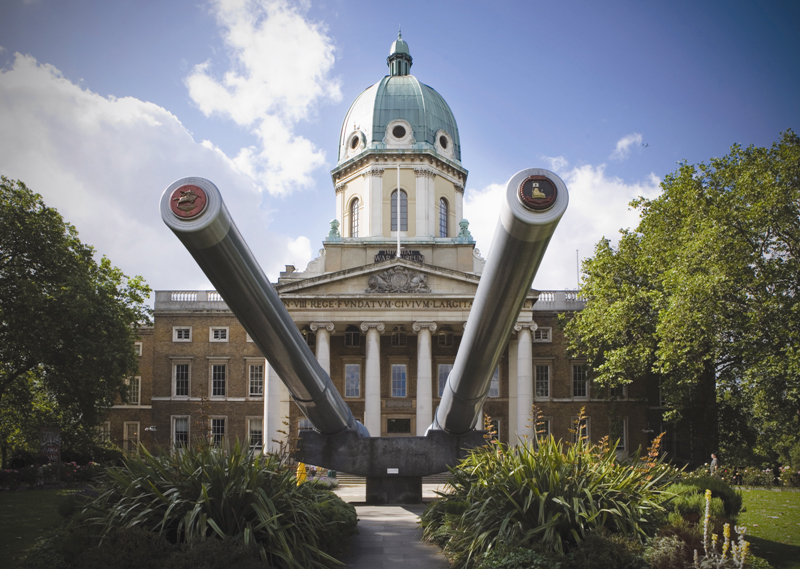
The museum's exhibits range from tanks and aircraft to personal letters and diaries, providing a multifaceted perspective on war's effects on individual lives and national identity. The museum's architecture itself, with its grand dome and vast halls, serves as a sombre reminder of the solemnity of its exhibits.
London Eye
The London Eye, an iconic feature of the London skyline, offers breathtaking views of the city from a height of 443 feet. Since its opening in 1997, it has become one of London's must-see attractions, providing visitors with an unparalleled vista of the city's historic and modern landmarks in a 30-minute rotation.

The experience of riding the Eye, especially at dusk when the city lights begin to twinkle, is nothing short of magical. Each glass capsule offers a 360-degree view, ensuring that landmarks such as the Shard, Westminster Abbey, and the Tower of London are seen from a unique perspective.
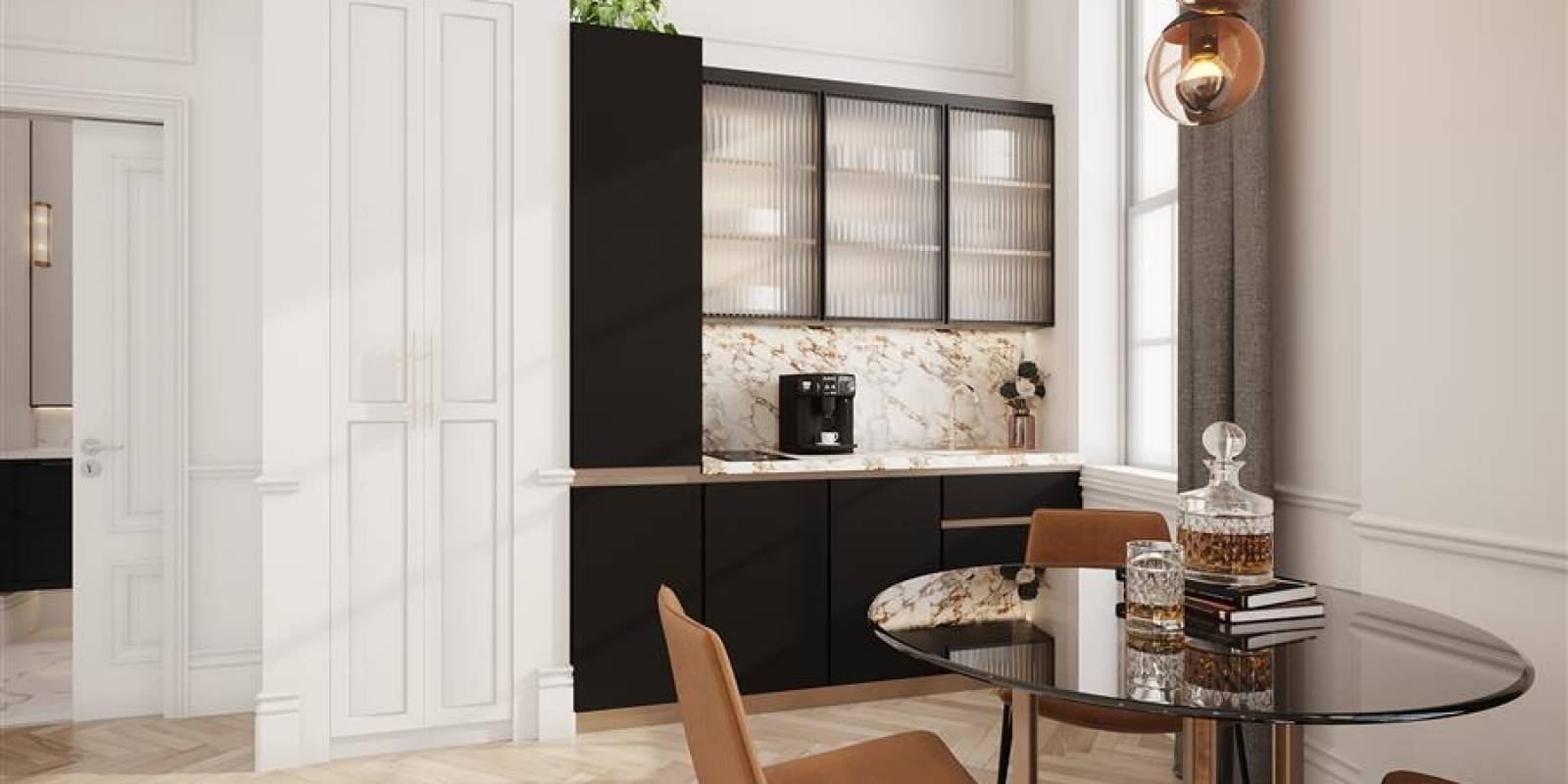
For prospective homebuyers, Lambeth offers a unique blend of historical richness, cultural diversity, and modern conveniences. With its wide range of properties, educational institutions, and recreational spaces, Lambeth stands out as a dynamic and attractive borough for a diverse population.
Whether you're drawn to the bustling markets of Brixton, the serene green spaces of Clapham, or the historic sites scattered throughout the borough, Lambeth offers a slice of London life that caters to various tastes and lifestyles.
Frequently Asked Questions
FAQ
This district boasts a dynamic blend of vintage markets, acclaimed wine bars, and flourishing arts hubs like those along the Southbank.
With a nightlife scene that holds its own against Central London, Lambeth offers residents an enticing array of experiences.
Lambeth is renowned for its rich diversity, evident in the wide array of ethnicities and cultural customs that weave through the borough. Approximately 63% of Lambeth's population identifies as a ethnicity other than White British.
Notably, a significant portion—41%—of Lambeth's residents fall within the young adult demographic, aged between 20 and 39 years old.
William Blake lived in North Lambeth from 1790 to 1800, inspiring his epic poem 'Milton: A Poem in Two Books'.
In W. Somerset Maugham's 'Liza of Lambeth', we explore the life of a young factory worker near Westminster Bridge Road.
George Gissing's 'Thyrza', set in late Victorian Lambeth, captures the essence of working-class life in London through Walter Egremont's experiences.
What are you looking for?
Step 1 of 6ready to help you


